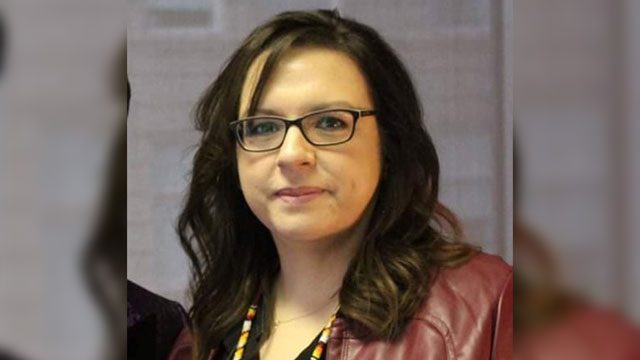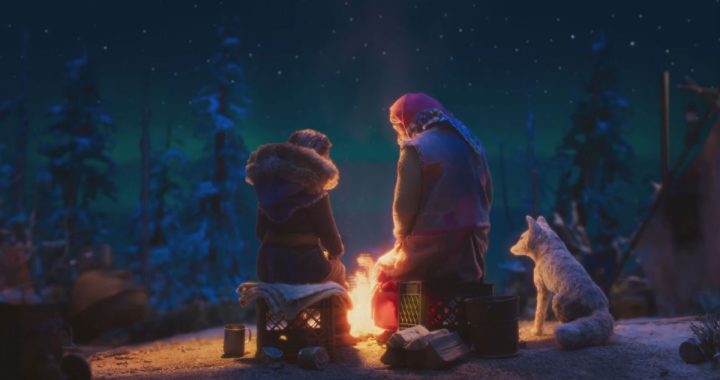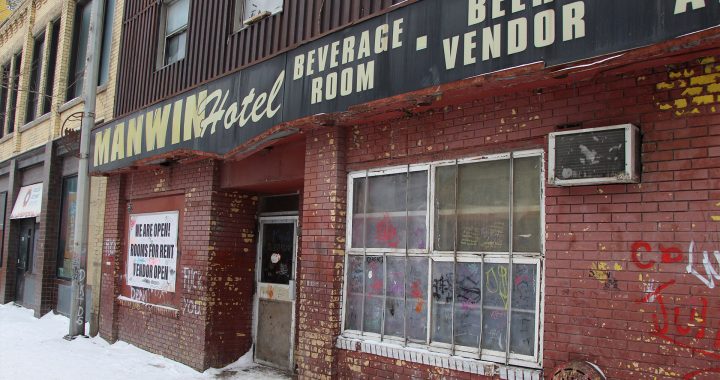
After two people threatened recently to die by suicide on the ‘60s Scoop help page she runs, Kathe Legrange knew she had to act.
The director of 60s Scoop Legacy of Canada quickly wrote the federal court seeking funding to hold “regular healing gatherings and hire mental health supports.”
Legrange said Scoop survivors are expressing peak levels of “frustration and desperation” as they apply for compensation from the $875 million class-action settlement offered by the Trudeau government.
The government capped survivor claims at $750 million and directed $50 million towards a new healing foundation. Another $75 million went to four law firms that certified the suit.
Legrange said survivors need help now as they receive letters from Collectiva, the claims administrator, seeking evidence of their experiences.
Proof of status
“Collectiva and the four firms have shifted the burden of proof of status eligibility and time in care to survivors,” said Legrange, a survivor herself.
“I just wrote yet another letter to the court asking for immediate supports.”
Legrange, pointing to the second paragraph of the long form notice of the settlement, said the law firms initially told survivors that Montreal-based Collectiva would obtain their records. When it became clear the onus was being put on survivors, Legrange’s organization applied to the court for an extension in December.
The court agreed and ordered that anyone receiving an “intent to reject notice” would have an additional 45 days.
“Some survivors were never made Permanent or Crown Wards, for a number of reasons, which they should have been by law. The court has ordered that folks who have been in care for five years or longer will qualify for this claim,” Legrange said, noting she’s been encouraging anyone who receives a rejection letter to ask for even more time.
“There are many issues with this settlement. I think Collectiva was overwhelmed and the law firms already got paid so they don’t care…Peer support gatherings are critical.”
Threats of self-harm
That’s why the threats of self-harm have her worried.
Legrange said she also asked the new ‘60s Scoop healing foundation to address the “crisis” by funding 10 gatherings across Canada in partnership with mental organizations at an estimated cost of $700 each during the claims process.
“For less than $10,000 we could hold 10 (gatherings) that would help keep people alive, in my opinion.”
But, she said the foundation told her it wasn’t ready to spend any money until it established its board and terms for grants and proposals.
Scoop survivors are status Indian, Inuit or eligible to have status who were removed or “scooped” from their families and communities by child welfare services between the 1960s and the 1980s, and placed in long-term care with non-Indigenous families. The deadline to register as a plaintiff expired Sept. 2, 2019.
Plaintiffs are eligible for compensation of an estimated $25,000 to $50,000.
The government has acknowledged these settlements force survivors to relive trauma as part of receiving compensation. To help prepare them, it funded 55 information sessions between December 2018 and August 2019 in advance of the claims process, and also refers survivors to the Hope for Wellness Help Line.
Collectiva received 34,767 claims before the deadline. Already, more than 12,000 have qualified.

(Doug Lennox is a class-action lawyer with Klein Lawyers LLP. Supplied photo)
“There certainly is high call volume for Collectiva at the moment and for all the law firms involved,” confirmed Doug Lennox, a class-action lawyer with Klein Lawyers LLP.
“We’re trying to help people ourselves. And Collectiva on their website says, ‘Look there’s lawyers you can talk to.’”
Lennox’s firm was one of four – along with Koskie Minsky, Merchant Law and Wilson-Christen – that represented survivors in the lawsuit.
“It’s a busy time; we’re trying to get this settlement concluded,” he added, noting survivors should call the law firm representing their province for advice on obtaining documents.
Lennox said he knows letters seeking additional information raise survivors’ stress levels.
Call lawyers
“There are individuals who are reluctant to call lawyers, for whatever reason, maybe they think we’re going to charge them some money or something,” he said.
“The thing is we’re not. We were already paid.”
Unlike residential school survivors, who had a healing component through the Truth and Reconciliation Commission of Canada that travelled the country to gather survivors’ stories, there is no such avenue for ‘60s Scoop survivors.
Also problematic, Legrange said, is the fact the settlement and compensation are for cultural loss and don’t address any harms done.
Meanwhile, class-action lawsuits for ‘60s Scoop Métis and non-status Indians remain unresolved.
READ MORE: Judge grants Sixties Scoop claims assessor more time to process eligibility claims
On Twitter:











It’s unfortunate that many 1st Nations didn’t get the wealth of education growing up. In spite of all the straps, talking sessions I received, I am forever grateful to have been forced to go to school. Yes I felt racism there too. In from one system to another. I was an educated 1st Nation with seething anger. I would spend 10.5 years behind bars in and out from 1991-2004. I learned quite fast that no one cared to help you. I learned to vices of the underworld. I became very smart and wise legally.. I studied law and learned the legal lingo. Onus simply means, do your own homework. Study and understand the laws because not even your lawyer will do it for you. It is unfortunate for those who don’t understand the legal logistics of its basically every man for himself. It is made that way for a reason. You may hate it as did I but I was forced to adjust to it. Nothing personal, its all business.
Us Metis had so much hope in getting compensated for our time spend in the religious run schools in Wabasca. A phone call to the lawyers in Ottawa proved otherwise. I wonder who qualifies now?? The Residental school survivors had their day. Who else is there?
She is right but we need so much more…we need to learn to have relationships and how to have fun. Seems all we been doing is lementing about the past ..I want us to build on what we do have..we are strong and resilient and have so much to offer. Yet so many of us shrink instead of blooming…I want to bloom and I want all my fellow survivors to blossom with me.